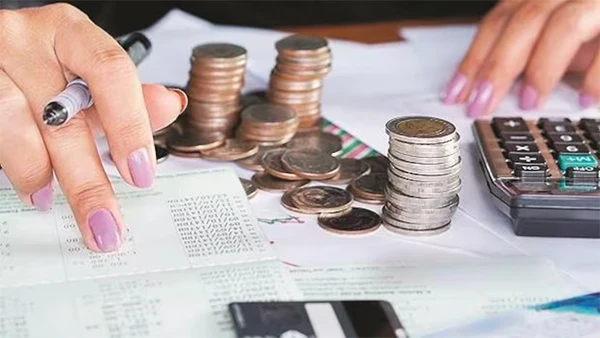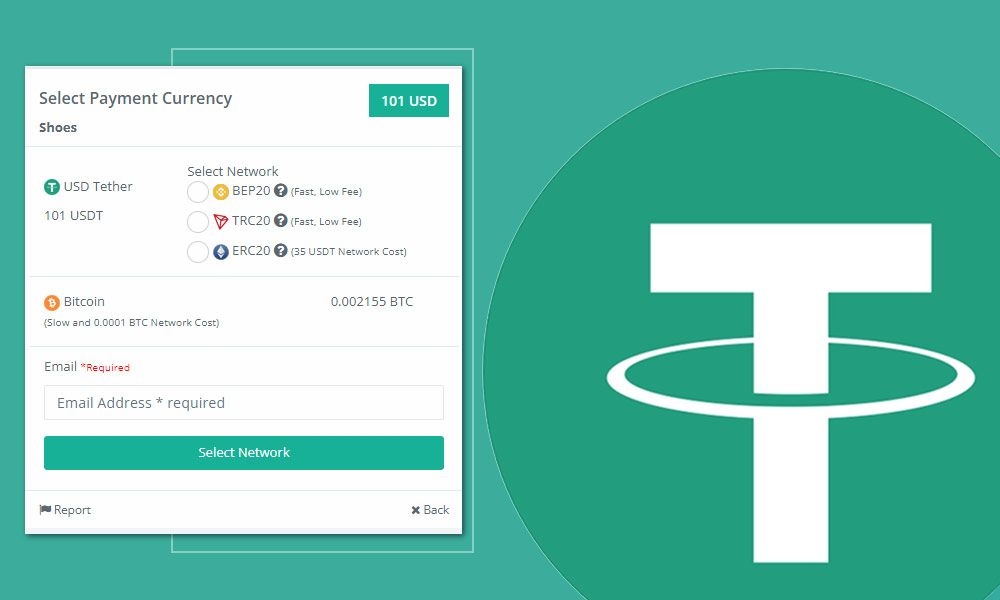How to Make Sure You Don’t Miss Paying Taxes

Taxes are important for the country’s economy and for your personal finance or the finance of your business. Taxes are basically the money you pay to the government for the public services they are providing and to maintain them properly.
The different types of tax collected in the country are Income Tax, GST, Road Tax, Property Tax, Professional Tax, Corporate Tax, Customs Duty, Excise Duty, Entertainment Tax, Swachh Bharat Cess, Krishi Kalyan Cess, and so on.
If you don’t pay your taxes on time there may be penalties imposed on you in accordance with 234a, 234b, or 234c of the Income Tax Act.
Things to Remember if You Don’t Want to Miss Paying Taxes

Paying taxes is one of the significant tasks since taxes ensure social development, fund education, salaries and pensions, healthcare and medical infrastructure, etc.
Not only paying tax is important but making mistakes in filling out your tax return can cost you a lot of money. There might be times when you miss out on a large refund, and then wind up owing more taxes. Plus the interest and penalties, then that slowly becomes a big amount, and then not even the Tax Repose Attorney can help you with that.
So let’s take a quick look at some steps that you can take so that you stay punctual with the payment of taxes:
Pay Quarterly Estimated Taxes
If you’re self-employed or have other sources of income that aren’t subject to withholding (such as freelance work), then you’ll need to file estimated taxes every quarter. Estimated taxes are due on April 15th, June 15th, September 15th, and January 15th of each year. The amount you’ll owe will depend on how much money you’ve made during that period. A tax professional can help make sure you’re paying enough so that you don’t get in trouble.
Track Your Income Each Month
One of the most essential aspects of staying on point with your taxes is keeping is reporting all of your income each year. You should be aware of every detail from what is the cca in salary to how much TDS are you paying. This is because you’re responsible for reporting all of your income, whether it’s reported to the Income-tax department or not. This includes income from self-employment, freelance work, interest and dividend income, rental property, and even alimony if you’re the payer.
Set Up a System for Tracking Your Expenses
If you have a business or rental property, you may be able to deduct certain expenses. This can include things like office rent and supplies, travel expenses, software subscriptions, and professional development while keeping track of where your sales taxes go. Make sure you keep receipts throughout the year, so you know what can be deducted come tax time.
Set Aside 30% of Your Income Every Month
This tip is handy for those who fall into the self-employed tax bracket. Once you know how much you’re making each month, it’s important to set aside the necessary amount each month so that you don’t have to scramble and come up with a hefty sum in one day. Even if you’re an employee, saving even a small amount each month can help offset any tax burdens that may come up during the year.
Include Tax Deductions in Your Monthly Budget
It’s also important to include any tax deductions that apply to your lifestyle. If you plan on buying a house later this year, then make sure to include mortgage interest, property taxes, and more in your budget. This will help clear your budget and give you a better view of your savings and expenditures.
Keep Track Of All Receipts And Tax Documents
Every year, many people wait until the last minute to start gathering their receipts and tax documents – only to realize they’ve misplaced them or thrown them away at some point throughout the year. To prevent this from happening to you, start keeping track of all receipts and tax documents as soon as you receive them.
You don’t need to save every single receipt for every purchase you make; just keep track of any important or itemized receipts that will help lower your tax burden at the end of the year. If possible, create a spreadsheet.
Common Tax-Filling Mistakes That You Might Be Doing
The rules of filling out the tax return seem to be complicated but the mistakes that people normally make are relatively simple. So here are some common mistakes that you might be making when paying taxes.
Missing the Deadlines
Missing the deadline is one of the most common mistakes that people make while filing an income tax return the deadline of which is generally 31 July of every financial year. Why is it important to file the return on time, it is because you will be liable to pay a penalty if you don’t.
Not including all income
This is another mistake while filing the income tax return, not including all income sources. Income sources can include salary, rental income, interest income, capital gains, etc.
You Blow the Basics
When we are talking about the basics let’s go back to level one. Make sure that the names of you and your dependents are spelled correctly. Make sure that all the information you’re providing is correct including the social security number and your marital status. This is important because you may get perks if you identify as the head of the family, the widower, or the couple.
Incorrect Filling of Tax Forms
If the form is not filed incorrectly, it may lead to delays and then penalties. So make sure you fill the form correctly without typos, spelling errors, and other information.
Conclusion
In conclusion, these are the very simple things and steps that you need to keep in mind while filling out the income tax return. Make sure you don’t skip paying your Tax returns because it can lead to penalties that you wouldn’t want circulating around you. Avoiding these common mistakes and keeping the simple point in mind will help you infinitely in filling your income tax returns on time and perfectly.
What happens if I miss my income tax return?
If you miss filing the income tax return on time then you’ll probably have to pay a penalty of about Rs 5000 or imprisonment of up to 7 years.
How much income is tax-free?
Under the new Income tax regime, there will be no need to pay the Tax for up to 3 lakh. For income above 3 Lakh to 5 Lakh, the tax will be 5%, and the income above 6 lakh up to 9 lakhs, the tax will be 10%.
What happens if I don’t file ITR for one year?
If you do not pay the tax return for one year then you’ll be accused of tax invasion, which will automatically lead to penalties and imprisonment.
Do salaried employees need to file ITR?
All salaried employees need to file their annual IT returns as long as their income exceeds the basic exemption limit of 3 Lakhs.










